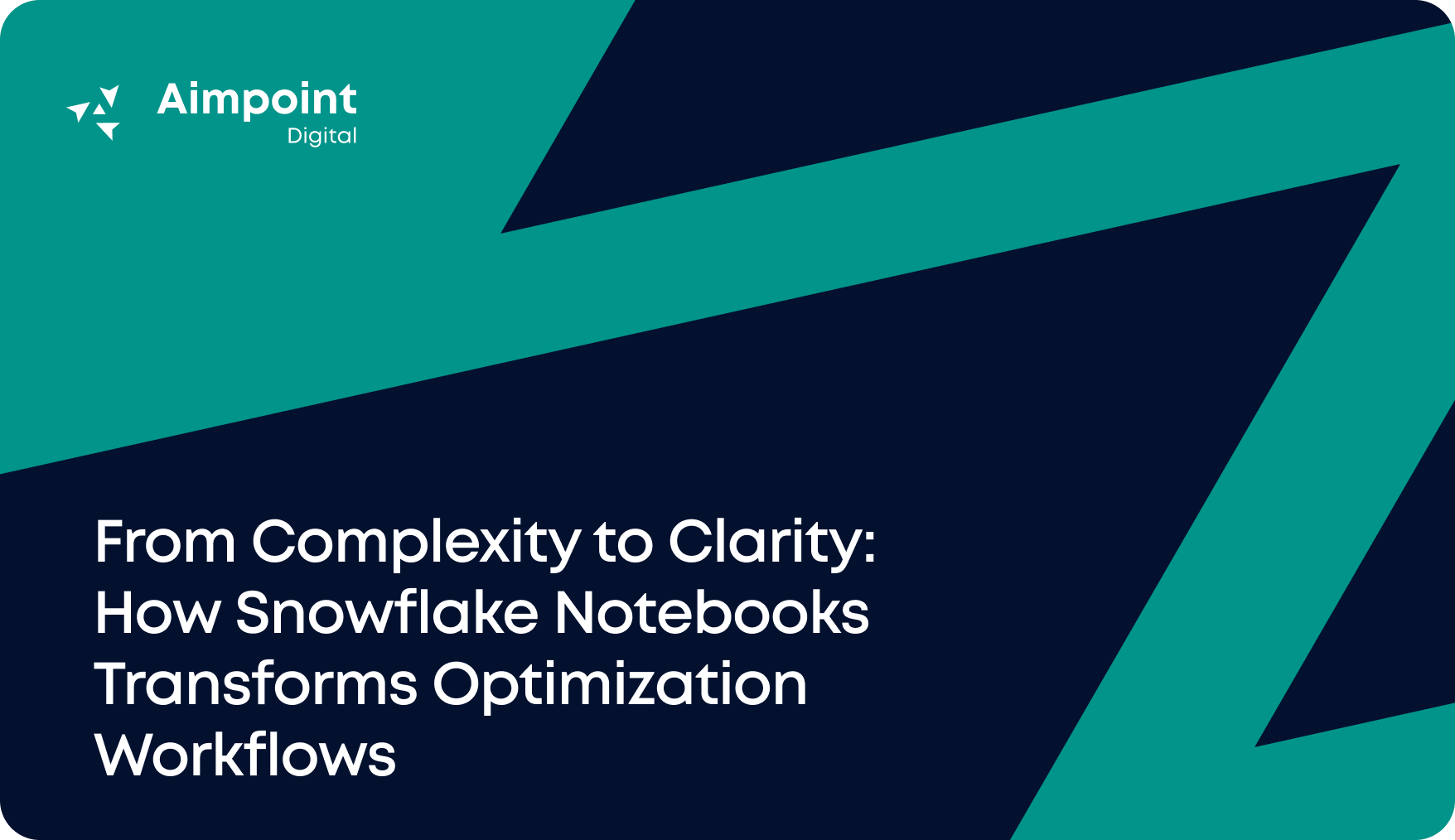
Optimization & Simulation

As the world of business becomes increasingly computerized and evermore data-obsessed, it has become crucial to be able to contextualize that growing sea of numbers. What good are all those terabytes of ones and zeroes if they are not driving real-world value? The desire to drive business insight is rooted in efficiency gains. In business terms, efficiency can be gained by either increasing the money brought in or decreasing the money sent out. This simple foundation of sound business strategy is not lost on even the most inexperienced business analyst. But that desire to take increasingly complex technologies and apply them to business goals for efficiency gains has spawned its own field of study. The study of mathematical programming began in earnest in the 1940’s as mathematical thinking was applied outside the traditional applications. Also called operations research, this field is now more widely known in business as optimization, but the underlying reality is the same. As technology grows, both in complexity and capability, so too does its ability to generate valuable insights.
Optimization techniques and algorithms come from a wide range of scientific and mathematical fields. For example, Genetic and other Evolutionary Algorithms borrow concepts and heuristics from Biology. The invention of more advanced AI-based algorithms, such as mode-pursuing sampling, are now common in many of the commercial optimization software tools. The application of these tools is as varied as the algorithms themselves. Complex manufacturing operations with multiple layers of considerations and decision points may need to be solved with multi-objective functions that deal with different levels of constraints. Many sales problems can be solved with linear programming, even in uncertain or volatile business contexts, with stochastic methodologies. The additional complexity of more advanced techniques can lead to more tailored insights, but the increase in development time and technical difficulty may not be worthwhile in every context. Each problem is unique and requires careful consideration to ensure success. That overarching efficiency gain must be represented in the project itself.
While the technology has certainly improved it has not become innately easier for businesses to use optimization. Like data analytics in general, there can be a disconnect between technical excellence and project success. Industry, even in our data-laden world, is as much about interpersonal connection and soft skills as it is mathematical insight. A flawlessly coded project can fail with the wrong messaging or mishandled BI reporting. Stakeholders are drawn to optimization for its promise of tangible, real-world gains. The wide range of business contexts that can be improved by an optimal solution is reflected in the wide range of available algorithms and tools. But finding the correct expertise is crucial to ensure that a company’s optimization strategy is not just another drop in that growing sea of numbers.
Aimpoint Digital will help you take an idea from thought through execution. This collaborative journey will enable you to get the most out of your data and technology investments. Contact us to begin your acceleration process.
Whether you need advanced AI solutions, strategic data expertise, or tailored insights, our team is here to help.